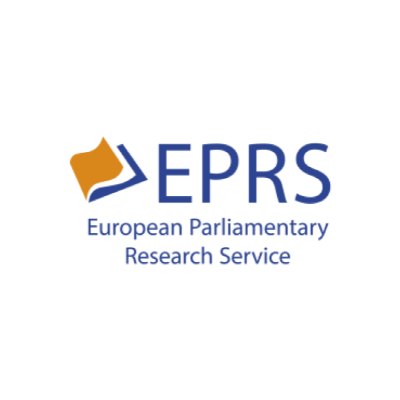 European Parliamentary Research Service Blog Article Rating
European Parliamentary Research Service Blog Article RatingInternational Women's Day 2023: Gender equality in the shadow of successive crises | Epthinktank | European Parliament
- Bias Rating
12% Somewhat Conservative
- Reliability
40% ReliableFair
- Policy Leaning
64% Medium Conservative
- Politician Portrayal
N/A
Continue For Free
Create your free account to see the in-depth bias analytics and more.
Continue
Continue
By creating an account, you agree to our Terms and Privacy Policy, and subscribe to email updates. Already a member: Log inBias Score Analysis
The A.I. bias rating includes policy and politician portrayal leanings based on the author’s tone found in the article using machine learning. Bias scores are on a scale of -100% to 100% with higher negative scores being more liberal and higher positive scores being more conservative, and 0% being neutral.
Sentiments
N/A
- Conservative
| Sentence | Sentiment | Bias |
|---|---|---|
Unlock this feature by upgrading to the Pro plan. | ||
Reliability Score Analysis
Policy Leaning Analysis
Politician Portrayal Analysis
Bias Meter
Extremely
Liberal
Very
Liberal
Moderately
Liberal
Somewhat Liberal
Center
Somewhat Conservative
Moderately
Conservative
Very
Conservative
Extremely
Conservative
-100%
Liberal
100%
Conservative

Contributing sentiments towards policy:
50% : The 2022 Gender Equality Index, published by the European Institute for Gender Equality (EIGE), found that, due to the impact of the COVID‑19 pandemic, gender equality in the European Union would have regressed without the gains made in the power domain, and particularly in economic decision-making.34% : In the European Union, the ongoing cost of living crisis has added another layer to the negative effects of the pandemic on gender inequality.
33% : According to a report by United Nations Women, Global Gendered Impacts of the Ukraine Crisis, it has aggravated food insecurity in developing countries (already more severe for women than men), and has exposed women to increased health risks due to the energy crisis.
31% : Yet, implementation and enforcement of the equal pay for equal work principle remain a challenge The painful truth is ... women in the European Union are paid on average 13 % less than men (Eurostat, 2020), which equals more than one month's salary.
*Our bias meter rating uses data science including sentiment analysis, machine learning and our proprietary algorithm for determining biases in news articles. Bias scores are on a scale of -100% to 100% with higher negative scores being more liberal and higher positive scores being more conservative, and 0% being neutral. The rating is an independent analysis and is not affiliated nor sponsored by the news source or any other organization.





















